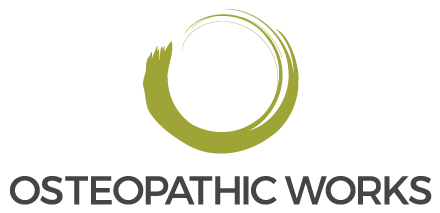Probiotics
What are they?
According to the World Health Organisation, probiotics can be defined as “live microorganisms which, when administered in adequate amounts, confer a health benefit on the host” (1).
Essentially probiotics are ‘good bacteria’ that help our bodies, and more specifically our digestive system, function optimally.
What do they help with?
Probiotics are very beneficial to our bodies.
Studies show probiotics can improve intestinal health, enhance our immune response, and reduce levels of serum cholesterol. They can also be effective in the treatment of irritable bowel-associated diarrhoea’s and have the potential to improve lactose metabolism (1). Some probiotics also have antihypertensive (high blood pressure lowering) effects and can help promote dermal and oral health (2).
In addition, it has been proven that our digestive system and brain are connected by the ‘Vagus Nerve’, which forms the gut-brain axis. In fact, our gut has been called a ‘second brain’ as it produces many of the same neurotransmitters.
FUN FACT: Approximately 90% of serotonin, which is commonly called ‘the happy hormone’ is produced in the digestive tract (3).
Studies show that probiotics, in conjunction with a healthy diet, full of vitamins and minerals, can promote development of the gut flora and may be beneficial in our overall cognitive function and moods (4).
Where do we get probiotics from?
Many food products have been supplemented with probiotics. Here are some examples you might recognise:
· Dairy based, milk, cheeses, and yoghurts.
· Non-dairy, soy-based products e.g. tempeh
· Fermented foods, such as sauerkraut, kimchi, and pickles
· Probiotic supplements in tablet, capsule, or powder forms
Probiotics and Babies
There is an abundance of research supporting the benefits of probiotic use in adults and more recent research has shown the benefits for newborn babies. Probiotics may assist newborns in the early stages of gut microbiome establishment and disease pathologies.
The process of microbial colonisation in newborns may be affected due to factors such as, gestational age, mode of delivery, and type of feeding. Therefore, newborns have a crucial window for establishing a healthy gastrointestinal tract and immune system.
‘Bifidobacterium breve M-16V’ is a common probiotic strain used for newborns. Studies have shown the positive impact of this supplement on prevention and treatment of birth complications and immune disorders in infants and more specifically, premature newborns.
Probiotics offer many benefits for both adults and newborns and could be a perfect addition to your diet this winter.
REFERENCES
1. Kechagia M, Basoulis D, Konstantopoulou S, Dimitriadi D, Gyftopoulou K, Skarmoutsou N et al. Health Benefits of Probiotics: A Review. ISRN Nutrition. 2013;2013:1-7.
2. Lye H, Balakrishnan K, Thiagarajah K, Mohd Ismail N, Ooi S. Beneficial Properties of Probiotics. Tropical Life Sciences Research. 2016;27(2):73-90.
3. Probiotics may help boost mood and cognitive function - Harvard Health [Internet]. Harvard Health. 2021 [cited 5 July 2021]. Available from: https://www.health.harvard.edu/mind-and-mood/probiotics-may-help-boost-mood-and-cognitive-function
4. Mörkl S, Butler M, Holl A, Cryan J, Dinan T. Probiotics and the Microbiota-Gut-Brain Axis: Focus on Psychiatry. Current Nutrition Reports. 2020;9(3):171-182.

